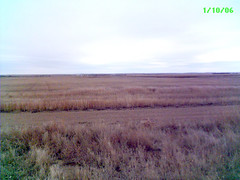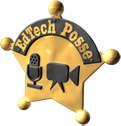Weed the Feeds

How many feeds is too many? 50? 100? 200? I've got 250. To be fair, probably half of them aren't very active and so they really don't create much work or time to read. But I do have a number of feeds that rarely offer anything of value. My most useless feeds are:
- Boing Boing....very popular but total fluff. They usually have 20 or so posts per day and maybe I've found 5 posts mildly interesting. Not necessary but amusing. Can 39,392 subscribers be wrong? Change that to 39,391.
- Tech Bargains.... nice if you spend alot online or are an American but for me I think I've only taken advantage of one offer.
- NY Times Op-Ed...since they've moved to a pay model for most of the columns it's a waste. I originally subscribed because of Thomas Friedman but he's not free anymore
- CBBC Newsround....I started a folder called Kids Feeds which was intended to find RSS feeds for kids. This is one I thought might be suitable but I'm not sure anymore. Still looking for a good kids news source. I'm still waiting for yahooligans to offer a feed.
- "Classroom Blogging" news feed. I have this coming in from Google and Yahoo. In general I'm not happy with most news feeds. They tend to repeat too many stories from various sources and also the same story seems to reappear about 58 times before it dies.
Anyway, maybe I should weed more often. Now I'm down to 245.





